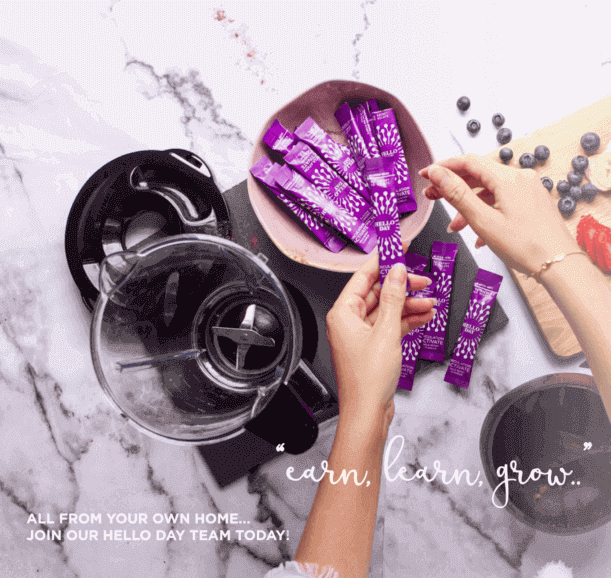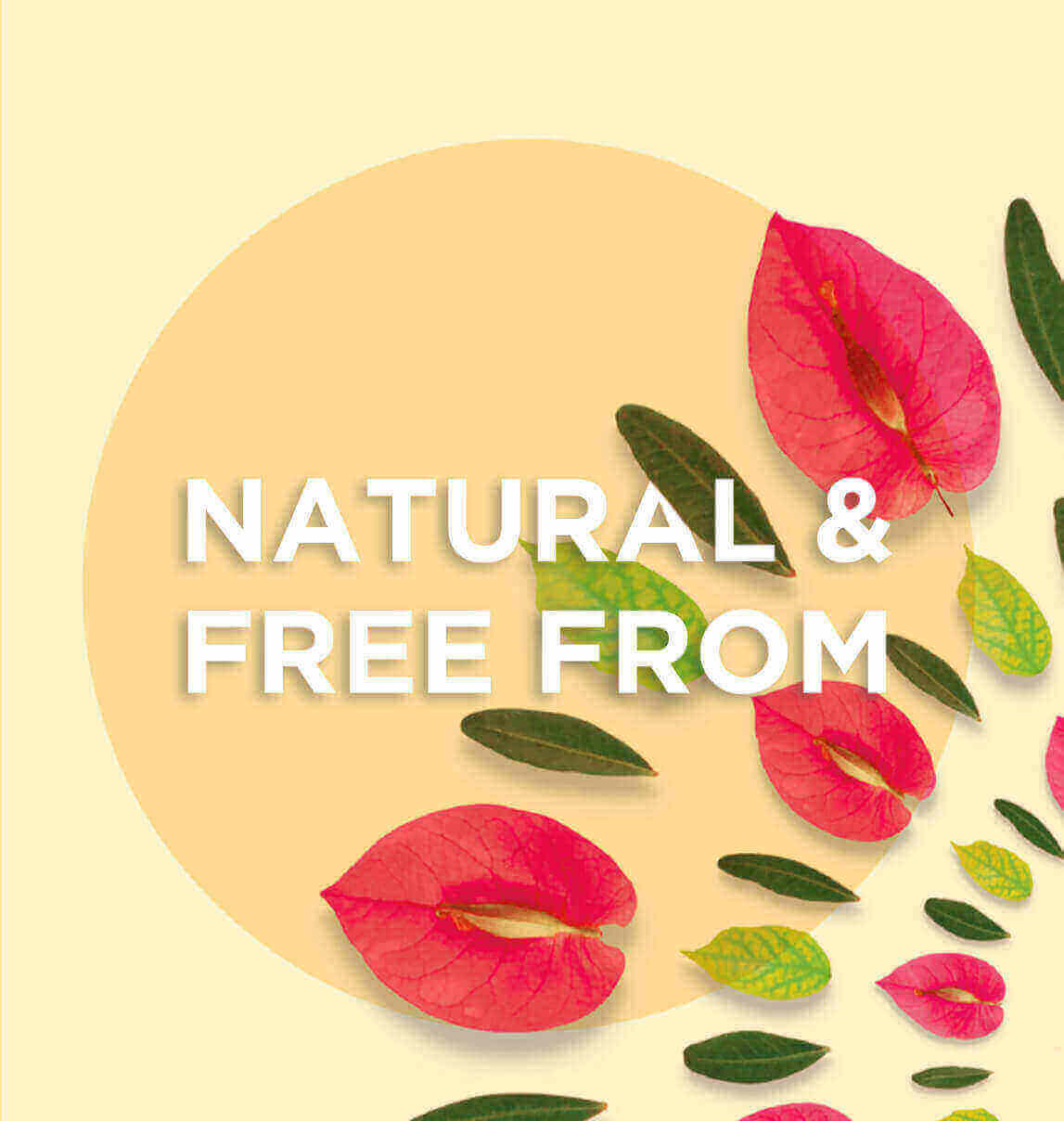As autumn starts (and winter just around the corner), we often find ourselves at war with our hair.. The cold, harsh weather can leave it looking and feeling dull, lifeless, brittle and static. So, how to best take care of your hair and avoid having to constantly hide it away?
Article written by Ariane Monnami, nutritionist and micro-nutritionist.
1. Use natural fibres
Synthetic fibres can increase static electricity so instead, opt for wool, silk or cotton hats, scarves and even clothes.
Similarly, try opting for a natural fibre hairbrush such as one made of wild boar or pig hair, which you can easily clean on a regular basis using mild shampoo.
Avoid crepe soles as they are highly insulating and prevent static electricity from passing through into the ground.
2. Regularly humidify your rooms
A dry atmosphere can also increase static electricity so get yourself a humidifier, or just like our grandmothers used to do, you can place a bowl of water on top of your radiators. Just make sure to regularly change the water to avoid bacteria growth.
3. Treat your hair to some TLC
If you wash your hair several times a week then there’s no need to shampoo twice – once is more than enough. If you’ve taken the habit of washing your hair every day, use only a few drops of shampoo diluted in a glass of lukewarm water. This is more than enough to simply get rid of sweat, cigarette smells, pollution.. etc.
Never massage your hair when shampooing! This encourages penetration of washing agents which can then irritate the skin. Massaging your hair is nevertheless essential and I’ll be covering some massaging techniques in an upcoming article – however this should be done on dry hair or using a special massaging lotion.
It’s also important to dry your hair before leaving the house – cold weather can cause the water in the capillary fibre to freeze which can be severely damaging. However, make sure to use your hair dryer on a low-temperature setting as a high temperature only leads to brittle and even dryer hair.
Avoid over-brushing your hair.. that lengthy hair-brushing popular with 19th century romans will only further damage your hair. It’s also a good idea to stay away from anything which ‘pulls’ on your hair such as hair clips or tight buns. Simply keep your hair as loose as possible or use soft ‘scrunchies’.
4. Bring back the volume!
Rather than using cosmetic products, simply brush your hair with your head upside down several times a day. When wearing a cap or hat, run your fingers through your hair to unstick the roots and get rid of that dreaded ‘hat-hair’..
5. Restore radiance to dry hair!
Limescale, pollution and excessive hair product use can leave your hair looking dull and lifeless.. So to get rid of these impurities, simply use a few drops of vinegar diluted in clean rinsing water. Leave for one minute and rinse with cold water.
You’ll be left not only with glowing and radiant hair but you’ll also be getting rid of all those little creatures that your little ones might bring back from school!
6. Take care of your ends..
Regularly take care of your ends using sweet almond oil, similar to that used for baby skin which can be easily found in the childcare aisle. Massage the ends of your hair and wrap them up in a towel for several hours (ideally overnight).
When heading to the mountains for your winter holidays, use the same type of hair protection as the one you might use at the beach – the sun’s rays and cold air are just as damaging as the salty sea air!
7. Remember your supplements!
We often think about supplements to stop hair loss and promote growth, but they also have many other purposes! Our hair is constantly renewing and grows at around 2cm each month. We constantly have hair on our heads which is reaching the end of its cycle and ready to fall out, so, this means that we also always need ‘reconstruction materials’ to ensure regrowth.
For this, regular intake of cysteine and methionine is particularly recommended. These are two sulfur amino acids essential for the production of keratine. You’ll also need some vitamin B6 and zinc – two nutrients also essential for the production of keratine.
And lastly, remineralising plants such as horsetail are a great source of minerals.
References
Pathologie du cheveu, Pierre Bouhanna Pascal Reygagne, Éditions Masson Paris





